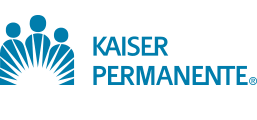Dispelling Myths About Eating Disorders
Eating disorders are complex and serious mental health conditions affecting millions of people worldwide. Yet, they remain surrounded by misunderstanding and stigma, which often delays critical treatment. By confronting common myths and sharing accurate information, we can foster greater understanding and help those in need. In this blog, we’ll uncover the truth behind some of … Read More








